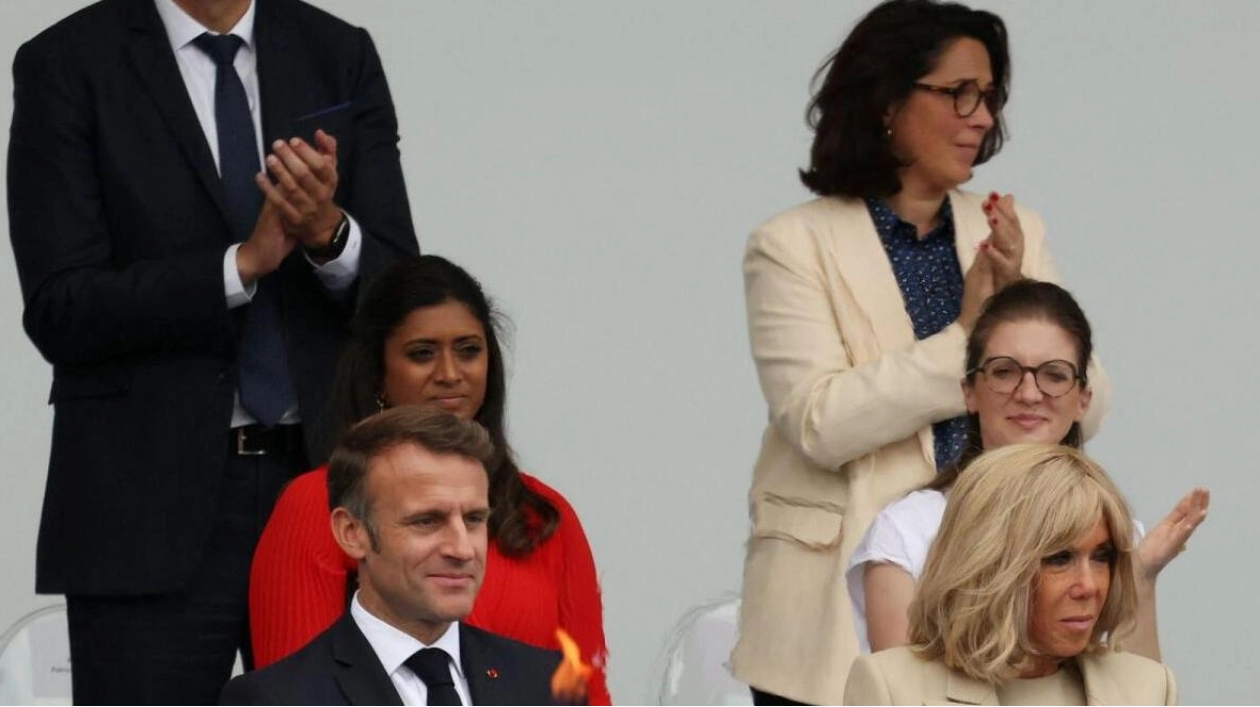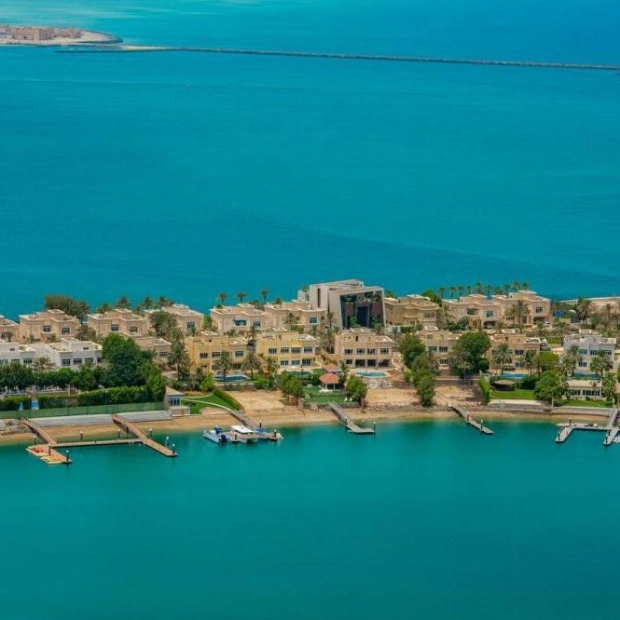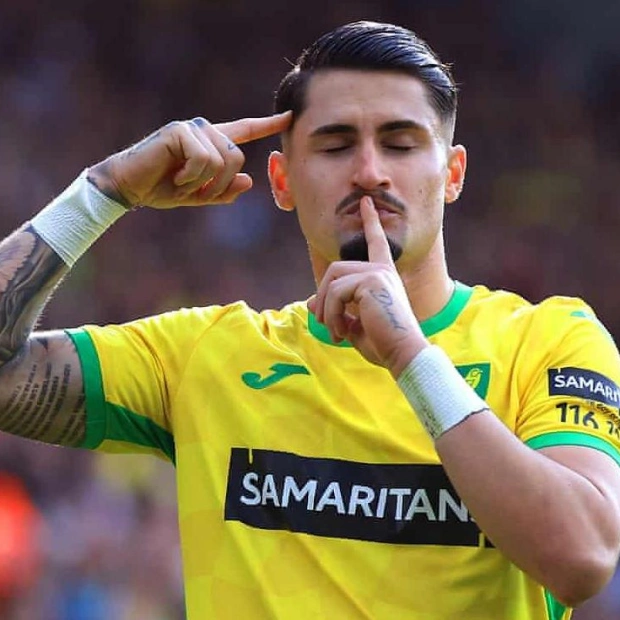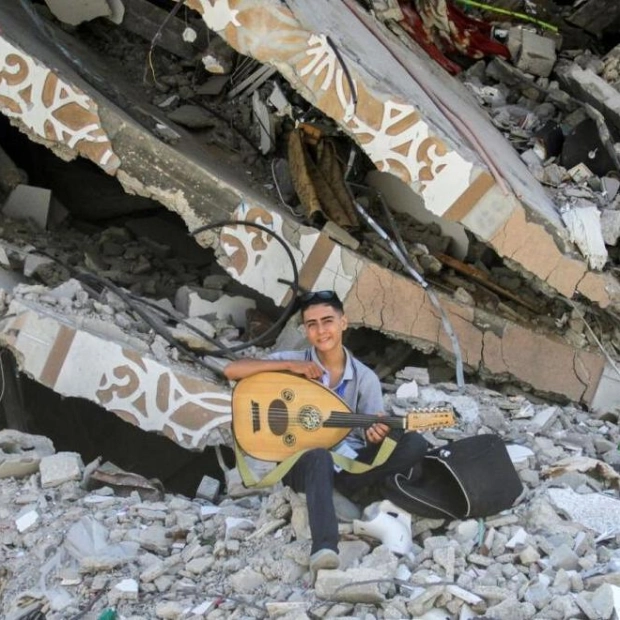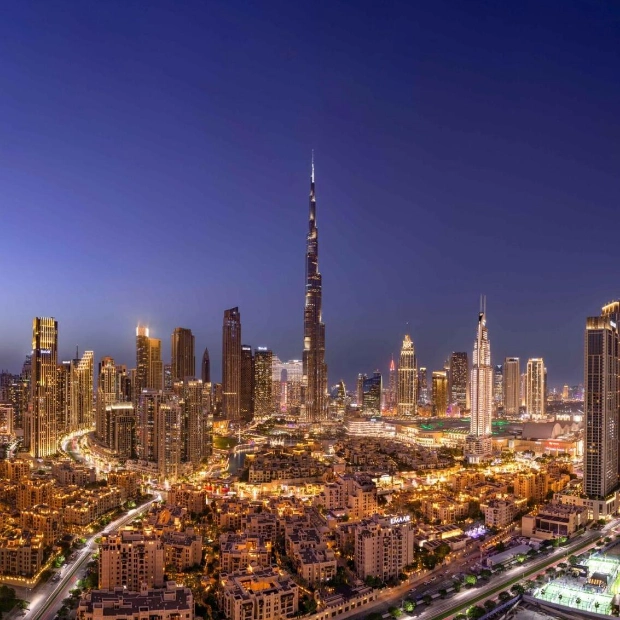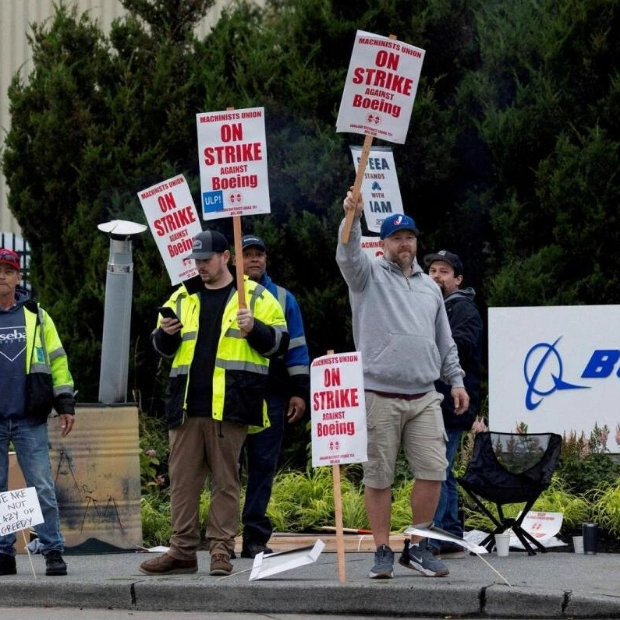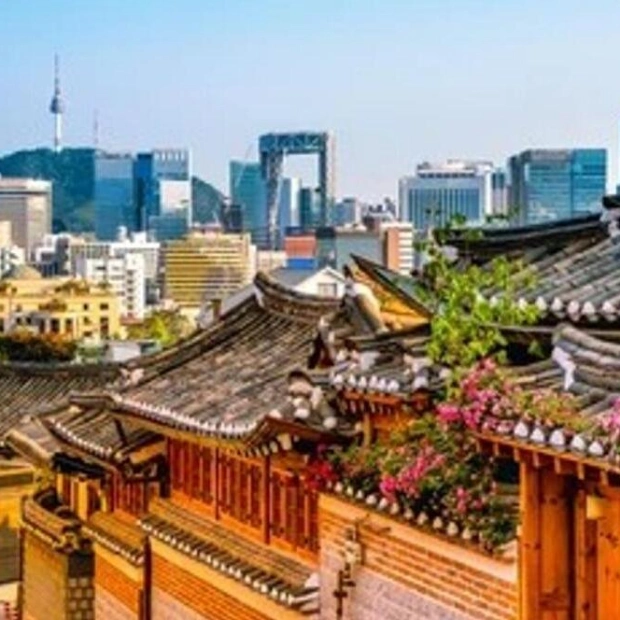France commemorated its historical military triumphs during the annual Bastille Day parade on Sunday, yet the clarity of its current political trajectory remained uncertain. President Emmanuel Macron reviewed French and allied forces that participated in the liberation of France during World War II, 80 years prior. Additionally, Paris received the Olympic flame, with the Summer Games set to commence in less than two weeks. However, amidst the scaled-down festivities due to Olympic-related disruptions on the traditional Champs Elysees route, France's quest for a stable government seemed to have reached an impasse. Attention was focused on Macron, who last year appeared more commanding during the visit of India's Prime Minister Narendra Modi. This year, there was no prominent international guest, and the parade featured fewer troops and no armored vehicles, marching instead along the less grand Avenue Foch.
Macron's recent snap elections, intended to define France's political direction after the far right's strong showing in EU elections, resulted in a lack of a parliamentary majority. Prime Minister Gabriel Attal remains in a caretaker role, though reports suggest a rift with Macron, leading Attal to concentrate on his political future within a diminished party presence in parliament. Other political figures are positioning themselves for the 2027 presidential race, yet there is no clear parliamentary majority emerging. Marine Le Pen, the far-right leader, is eagerly anticipating the 2027 campaign. Meanwhile, the hastily formed left-wing alliance, the New Popular Front (NFP), holds the most seats in parliament but lacks a clear majority and a designated prime ministerial candidate.
Jean-Luc Melenchon and his France Unbowed party, a significant part of the NFP, have proposed Huguette Bello, a former communist and regional council president, for the prime minister position. However, Bello declined, citing lack of consensus and opposition from the Socialist Party. The EU's second-largest economy, a nuclear-armed G7 member, and a permanent UN Security Council member, finds itself directionless, posing concerns for both markets and international allies. In this context, the scaled-back parade, despite the inclusion of the Olympic torch relay, risks symbolizing a nation adrift.
The parade, devoid of tanks and featuring only 4,000 infantry, down from 6,500 last year, included a fly-past with 45 airplanes and 22 helicopters. Regiments from France's allies and former colonies that contributed to the 1944 liberation were honored. The event concluded with a focus on the upcoming Olympics, as Colonel Thibault Vallette, an equestrian gold medalist, led the torch relay through the city.
